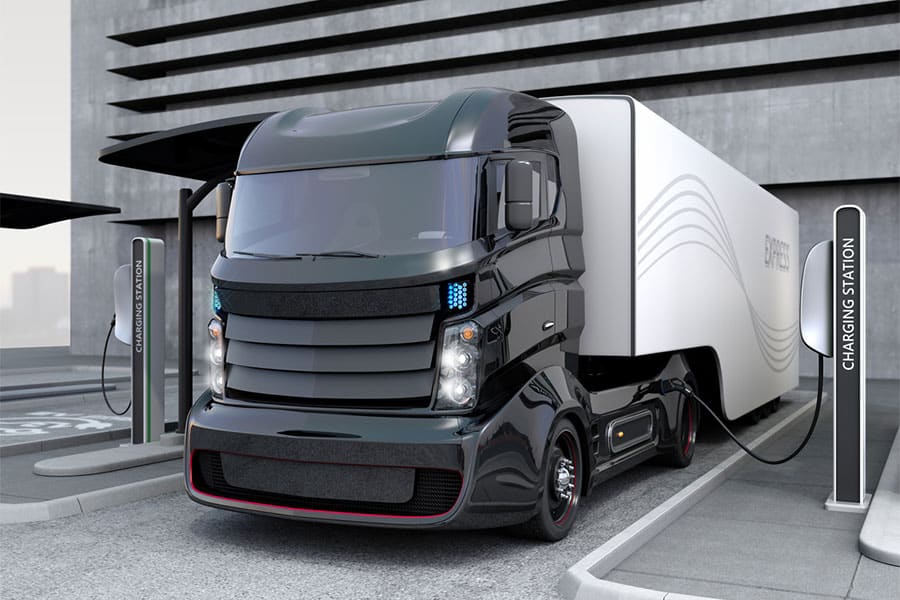Autonomous AI-powered vehicles have been slowly transforming the landscape of transportation for the better part of the past decade and represent one of the most exciting technologies for the logistics industry since the widespread adoption of the internet and computing in general. However, the technology is still in its infancy, and the knock-on effects we will see down the road are still relatively unknown. So, how are autonomous vehicles transforming the logistics industry, and where can we expect them to go?
Autonomous Vehicles, Not A Replacement But A Supplement
Human drivers aren’t going anywhere any time soon, as there are many things humans can do that autonomous systems can’t. While technology allows us to do things we never thought possible, real-world drivers will still need to be behind the wheel for the foreseeable future as AI cannot react to ever-changing conditions on the road or in the air and fails to adjust to emergency situations like a human operator.
However, that does not mean autonomy doesn’t fill a much-needed niche. With recent shortages of drivers on the roads, which is likely only going to get worse, there has never been a greater need for efficiency and supplemental help. Things such as autopilot, which was first used in planes in the early 1920s, are among the most common uses for autonomous vehicles, which can take some of the load off of vehicle operators during long stretches of uneventful travel. Another supplementary addition of autonomous vehicles is regarding safety, as computer-guided parking, lane control, and even speed management reduce the likelihood of accidents in various situations.
A Few Use Cases For Autonomous Vehicles In Logistics
- Autonomous Warehouse Management: Automated forklifts, pickers, and stackers are currently being developed to manage warehouses and provide inventory control that is on par with a human worker. While they may still require some human intervention to address any unforeseen emergent scenario, autonomous warehouse vehicles represent a safe alternative to large logistics operations and reduce the cost to human bodies doing hard and repetitive labor.
- Long Haul Autonomy For Distance Travel: Long-haul routes can benefit from autonomous vehicles which excel at following pre-determined paths, cutting out the need for drivers to navigate long stretches of open roads and can interface with mobile delivery hubs outside of populated areas to hand over control for more complex routes inside of cities. Long haul autonomous delivery also allows drivers to retain regular hours and stay within their local area, reducing fatigue and the time away from loved ones.
- Mobile Autonomous Delivery Hubs: Connecting with long-haul autonomous vehicles, mobile delivery hubs placed outside of populated areas allow for logistics to be split among human and AI components. There is currently no viable autonomous vehicle that can be safely controlled in a city without a human behind the wheel. Mobile delivery hubs allow logistics companies to focus their limited pool of drivers into a localized area, manually handling last-mile delivery.
For Even More Innovative Ideas, Check Out USA Strapping
If you are operating within the logistics industry, you will likely need the highest quality strapping products at a fair price. USA Strapping is your premier supplier of all the strapping products you could need, providing the best industry-standard materials ready to be shipped anywhere in the United States. From steel banding to stretch film, we will indeed have precisely what you are searching for. To check out our complete inventory list and products available now, browse our website, and for a free quote, contact us here!

